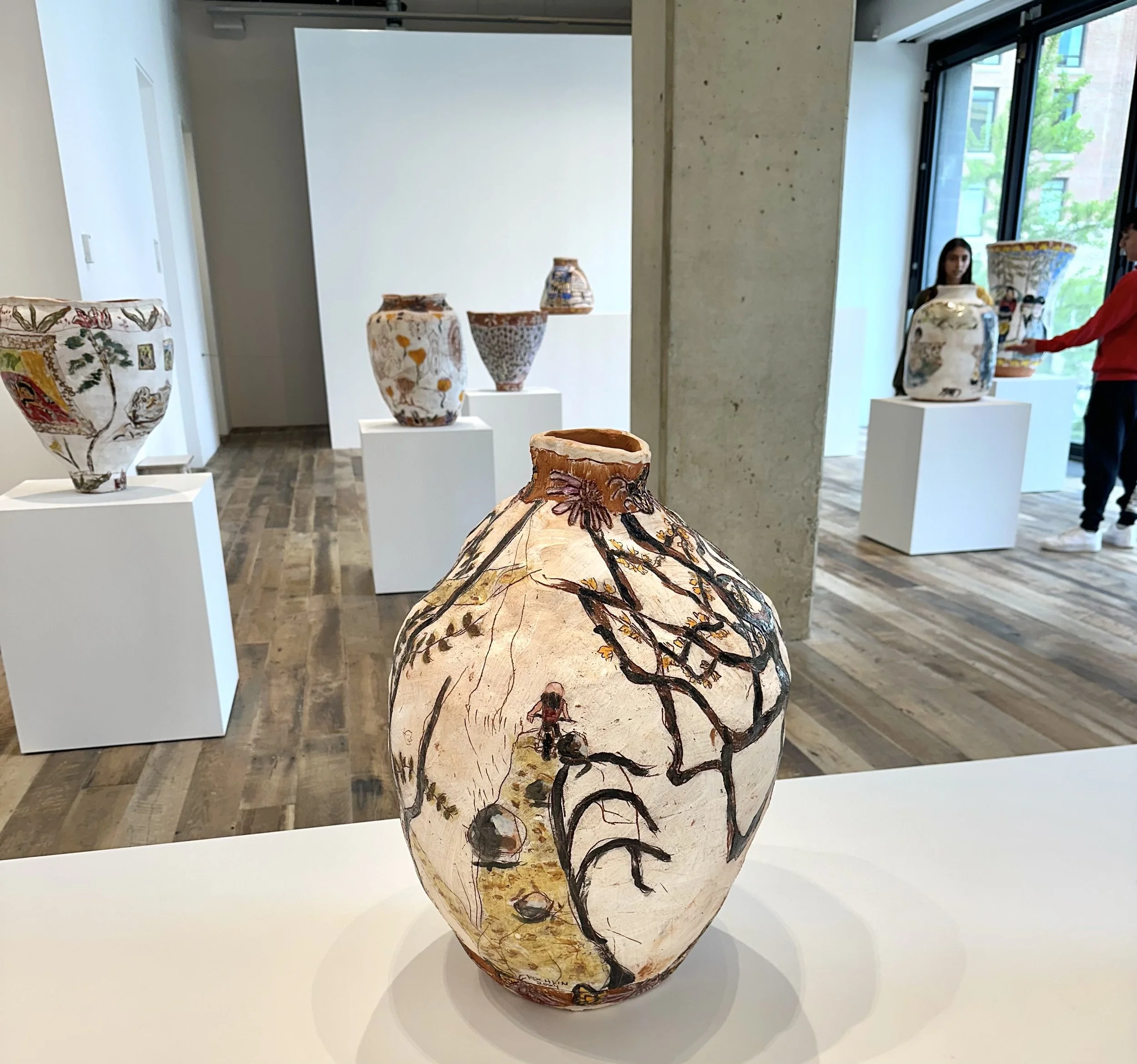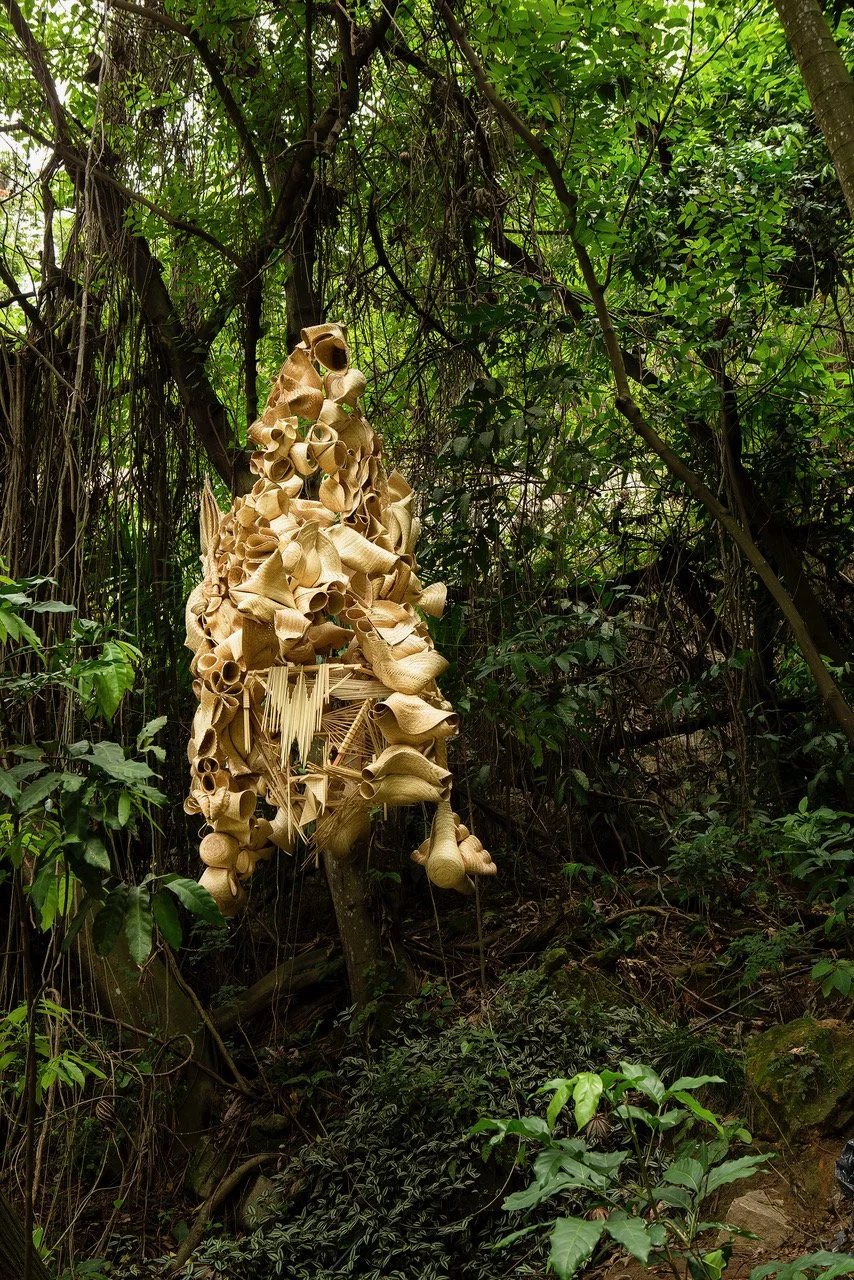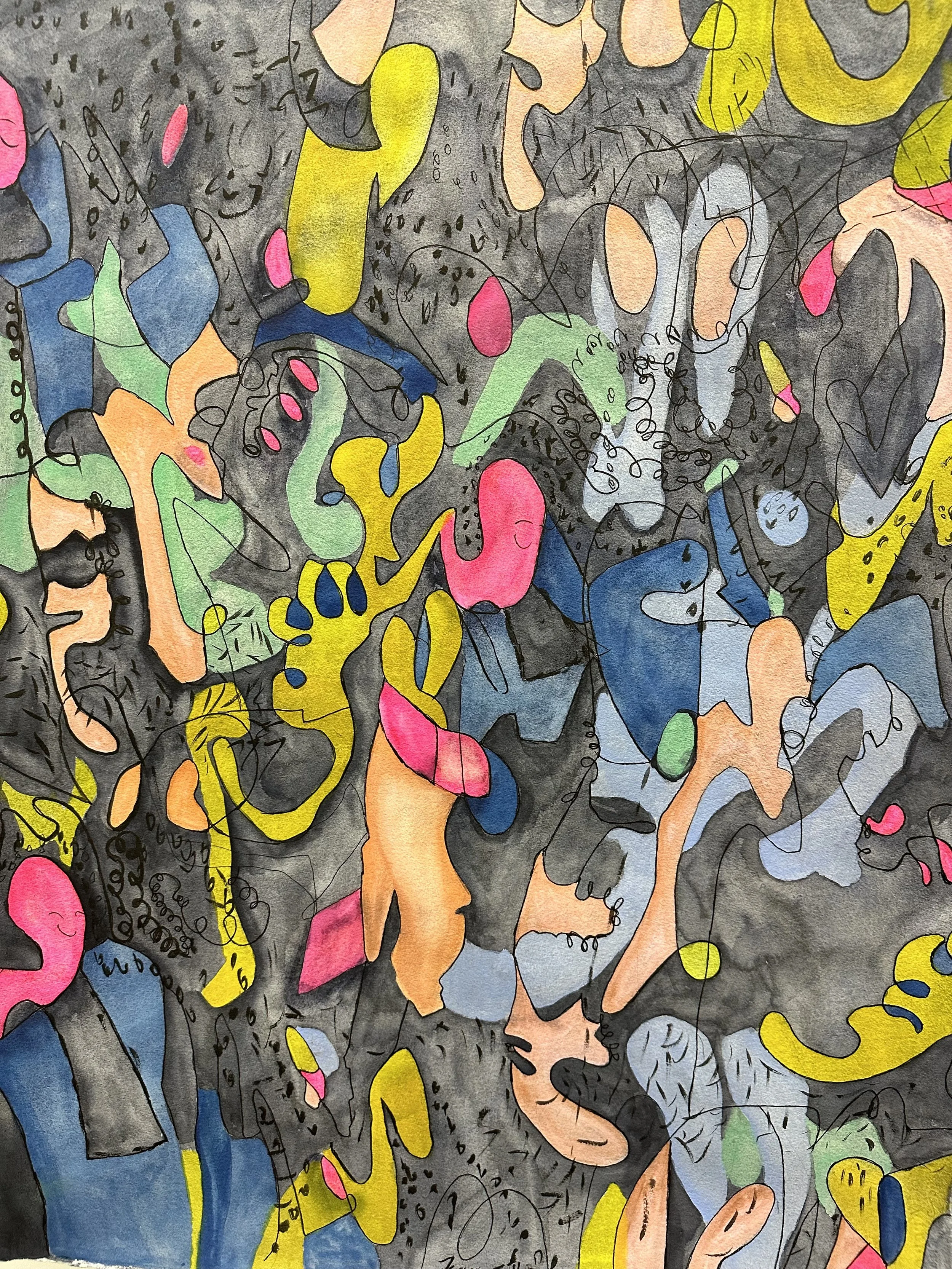Two significant Boston artists—Eva Lundsager and Cicely Carew—exhibit powerful new work in a two person painting show at Philip Slein Gallery in St. Louis.
Hi
I’m Robin, Editor of Misstropolis.
I hope this site brings you some joy and some knowledge (or at least a nice distraction) during this surreal, enlightening and historic time.
I like to write about art, style and purpose. If you have ideas for stories or would like to contribute, I’d love to hear from you.
Thanks for reading!
Misstropolis
Spirit & Style, Inside & Out





















